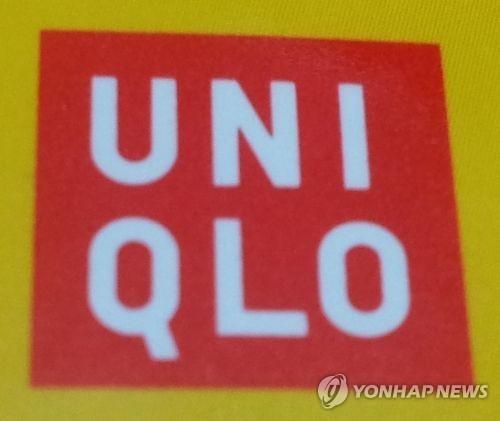South Korea and Japan continue deep-rooted diplomatic feuds over their history marred by 36 years of Japanese colonial rule over the Korean Peninsula that ended in 1945, but retail sale records show that Japanese labels are reaping extraordinary profits in South Korea.
Japan's fast fashion brand Uniqlo is the top SPA (special store retailer of private label apparel) brand in sales in South Korea, according to an industry tally as of Monday. After opening its first store in South Korea in 2005, Uniqlo's sales surpassed 1 trillion won ($882.69 billion) in the 2014 fiscal year (Sept. 1, 2014-Aug. 31, 2015) to reach 1.117 trillion won. In the following fiscal year, it grew further to 1.182 trillion won. This means sales have grown 58 times since the first store opening.

Industry officials say the brand succeeded in matching quality and design with a reasonable price.
Daiso, a localized version of a dollar store of the United States, has also grown rapidly in South Korea since setting up its first shop in 1997. Its sales in 2016 were estimated at 1.56 trillion won, up 30 percent from the year before and up 76.3 percent from 2013. Encouraged by a strong performance, Daiso was operating 1,150 stores nationwide as of end of January, up from 850 in 2012.
"We have excellent cost effectiveness because we operate a quality control team to maintain high product standards," an official with Daiso said. "Lately, consumers have reacted positively to design-focused product development."
Japan-made school supplies are still popular with local consumers. Randosel backpacks, priced as high as 700,000 won for high-end models, are sold out early before a school year begins.
This year again, it has made it into the bestseller list at department stores and online shopping malls.
For young children, Japanese animation characters like Pokemon and Power Rangers make for the best gifts in various forms, from dolls to stationery, with active online sales at padded prices for parents who couldn't make it to the stores before the supply ran out. The augmented reality game Pokemon Go whipped up a syndrome when it first came to South Korea on Jan. 24, drawing an average daily use by 3.87 million people.
Japanese diapers, such as GOO.N, Merries and Moony, have been a huge hit among South Korean moms through word of mouth since 2010, their supply falling short of demand. (Yonhap)








![[KH Explains] Hyundai's full hybrid edge to pay off amid slow transition to pure EVs](http://res.heraldm.com/phpwas/restmb_idxmake.php?idx=644&simg=/content/image/2024/04/18/20240418050645_0.jpg&u=20240419100350)






![[From the Scene] Monks, Buddhists hail return of remains of Buddhas](http://res.heraldm.com/phpwas/restmb_idxmake.php?idx=652&simg=/content/image/2024/04/19/20240419050617_0.jpg&u=20240419175937)

![[KH Explains] Hyundai's full hybrid edge to pay off amid slow transition to pure EVs](http://res.heraldm.com/phpwas/restmb_idxmake.php?idx=652&simg=/content/image/2024/04/18/20240418050645_0.jpg&u=20240419100350)

![[Today’s K-pop] Illit drops debut single remix](http://res.heraldm.com/phpwas/restmb_idxmake.php?idx=642&simg=/content/image/2024/04/19/20240419050612_0.jpg&u=)